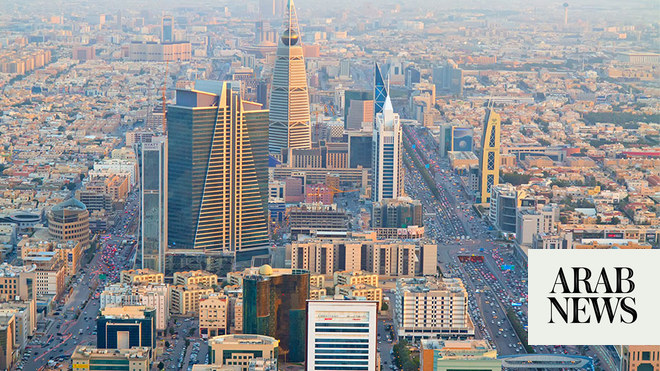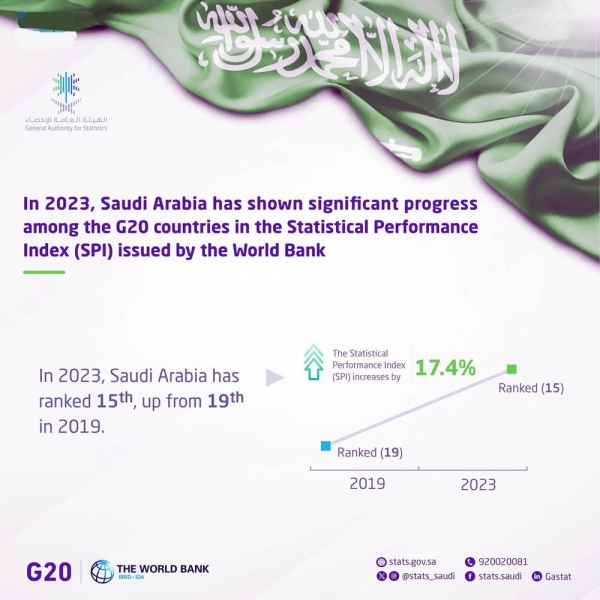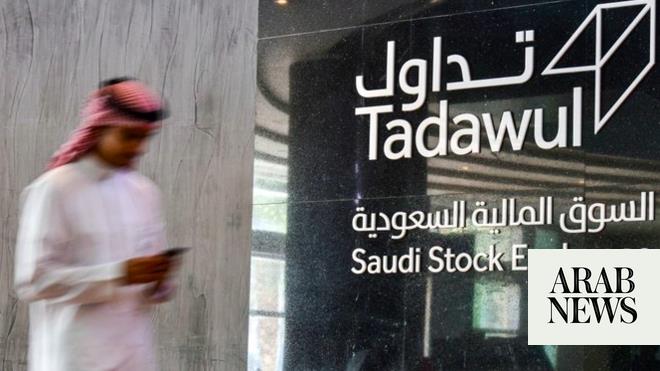
RIYADH: Amid the global economic slowdown, the strategic interconnectedness and pivotal strength of the Gulf Cooperation Council markets are driving inbound and cross-border mergers and acquisitions activity with Saudi Arabia and the UAE taking the lead, a survey showed.
According to the findings of the survey conducted by Lumina Capital Advisers, the GCC has witnessed a great deal of attention in terms of M&A transactions as 80 percent of the respondents are executing or have executed these deals in the last 12 months.
Inbound M&A activity, which refers to mergers and acquisitions in which a foreign company or entity acquires or merges with a company or assets located within the GCC, has increased 112 percent since the last Lumina survey. As many as 40 percent of respondents are reportedly considering an inbound transaction into the Middle East within the next 18 months.
The survey also found that 70 percent of the investors interviewed are transacting cross-border within the GCC, with Saudi Arabia and the UAE being the most sought-after markets.
“Deal sizes are increasing significantly compared to our previous survey, moving from less than $100 million to below $250 million,” said Andrew Nichol, partner at Lumina Capital Advisers.
The strategic location of Saudi Arabia provides access to regional and global markets, making it a strategic hub for trade and investment, the M&A activity report showed.
The Kingdom’s ambitious economic diversification plan, Vision 2030, creates opportunities for foreign companies, as investors use it as a regional platform to “buy and build” out into the wider region.
The fundamental idea behind “buy and build” strategies is to acquire multiple smaller companies in the same or related industries and integrate them into a larger, more comprehensive entity. This approach offers several advantages, including economies of scale, enhanced market share, and increased competitiveness.
According to the survey findings, a $900 billion spending plan in the Kingdom is set to facilitate the development of megacities, incorporating advancements in sustainability, technology, and automation.
Healthcare and education sectors are also experiencing specific attention in the Kingdom.
Saudi Arabia’s population is growing, and there is an increasing demand for healthcare services and education. The healthcare sector, in particular, has seen a rise in lifestyle-related diseases and an aging population, necessitating expanded healthcare infrastructure.
The government is focused on enhancing the quality of healthcare and education services to meet international standards. This requires significant investments in facilities, technology, and human resources, leading to M&A opportunities.
The UAE, on the other hand, is a sought-after target in terms of acquisitions at the federal level, according to the survey.
The trend is fueling a surge in acquisitions, particularly in infrastructure, construction, and contracting markets, signifying a strategic alignment with the nation’s development objectives.
According to the survey, 76 percent of investors identified equity as the preferred funding method of acquisitions, whereas 44 percent chose debt as a significant source of transaction funding. The increase in the use of debt is driven by the access of sovereign wealth funds and quasi-government entities, it showed.












